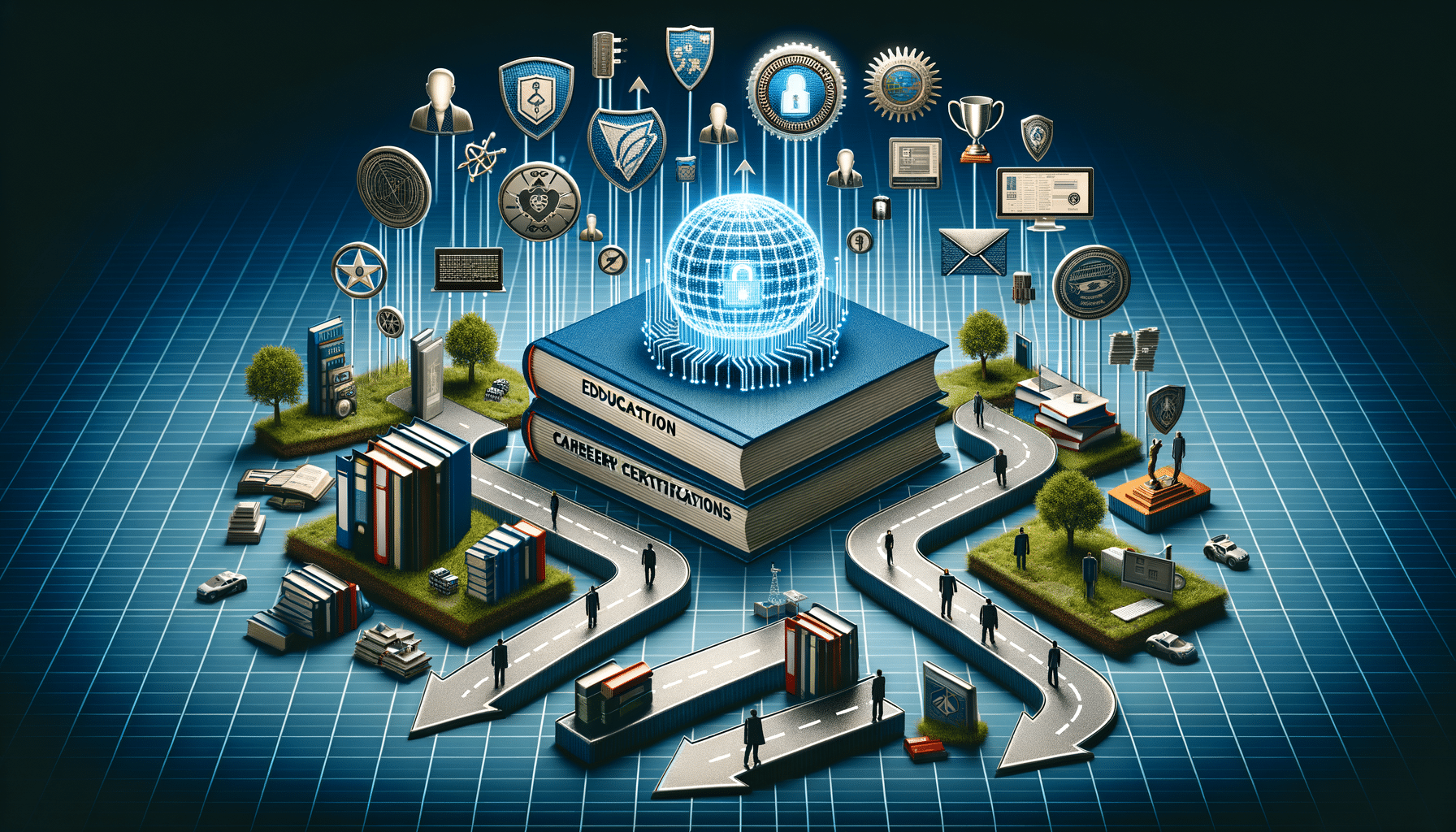
How to Find Pro Bono Legal Help: Key Tips to Start With
Understanding Affordable Legal Aid
Legal issues can be daunting, particularly when financial constraints limit access to professional assistance. Affordable legal aid serves as a crucial resource for individuals unable to afford standard legal fees. Such aid often comes from non-profit organizations, legal clinics, and government-funded programs aimed at providing legal support to low-income individuals. The goal is to ensure that everyone has access to justice, regardless of their economic status.
Affordable legal aid is essential in bridging the gap between the need for legal services and the ability to pay for them. It covers a wide range of services, including advice, representation, and information on legal rights. These services are typically provided by lawyers who either volunteer their time or work at reduced rates. The primary focus is on civil cases such as family law, housing, employment, and consumer rights.
For those seeking affordable legal aid, the first step is to identify organizations within their community that offer these services. Many non-profit organizations have specific eligibility criteria, often based on income level or the nature of the legal issue. It’s important to research and reach out to these organizations to understand the support they can provide. By doing so, individuals can access the necessary legal assistance to navigate complex legal systems effectively.
Exploring Pro Bono Resources
Pro bono resources play a vital role in providing legal assistance to those who cannot afford it. Pro bono, a Latin term meaning “for the public good,” refers to legal services offered voluntarily by attorneys at no cost. This type of service is crucial for ensuring that justice is accessible to all, regardless of financial status.
Many law firms and individual attorneys dedicate a portion of their practice to pro bono work. They often collaborate with legal aid organizations, community groups, and bar associations to reach individuals in need. These partnerships help in addressing a variety of legal issues, from immigration and asylum cases to housing disputes and domestic violence cases.
When exploring pro bono resources, it’s beneficial to start by contacting local bar associations, which often have lists of attorneys willing to take on pro bono cases. Additionally, many law schools have clinics where students, under the supervision of experienced attorneys, provide free legal services to the community. These resources not only offer legal guidance but also empower individuals by educating them about their rights and legal options.
How to Access Pro Bono Legal Help
Accessing pro bono legal help requires understanding the resources available and the process of connecting with them. The first step is to identify whether you qualify for pro bono assistance. Many programs have income thresholds or specific criteria based on the type of legal issue.
Once eligibility is determined, individuals can reach out to various organizations that coordinate pro bono services. These include legal aid societies, non-profit organizations, and local bar associations. It’s advisable to prepare a concise summary of your legal issue and any relevant documentation before reaching out. This preparation helps in efficiently communicating your needs and expediting the assistance process.
Another effective way to access pro bono legal help is through legal clinics or workshops hosted by law schools and community organizations. These events provide an opportunity to receive one-on-one advice from legal professionals. They often cover common legal issues and offer guidance on how to proceed with your case. By actively seeking out these resources, individuals can gain the legal support necessary to address their legal challenges effectively.


